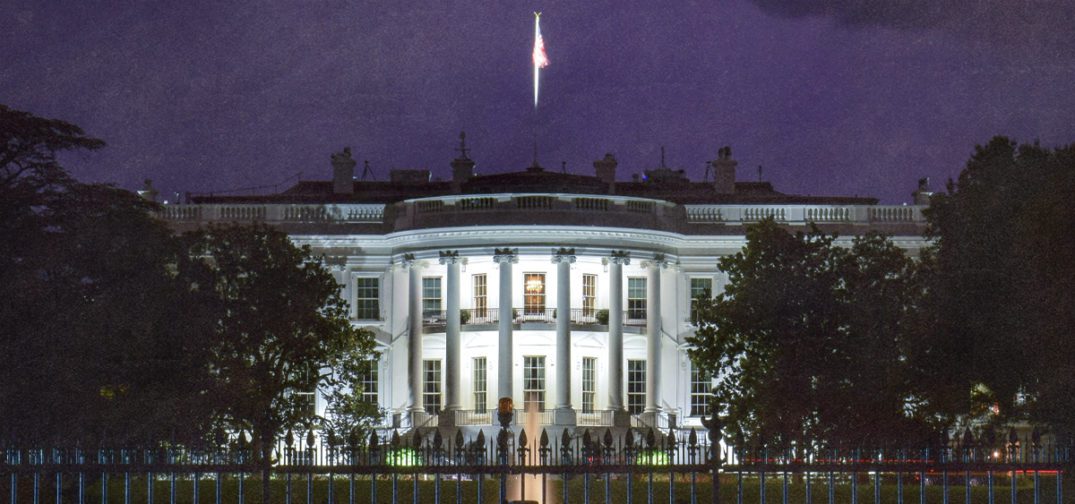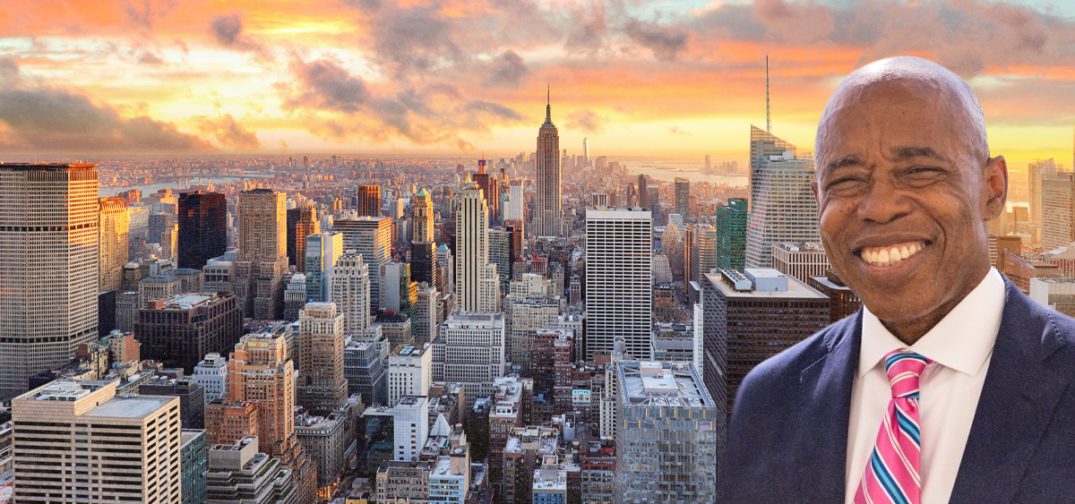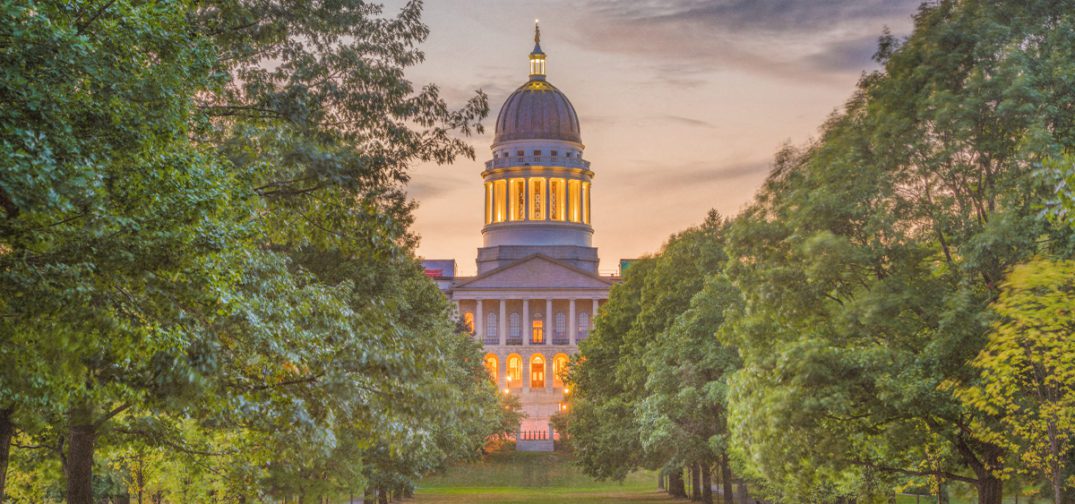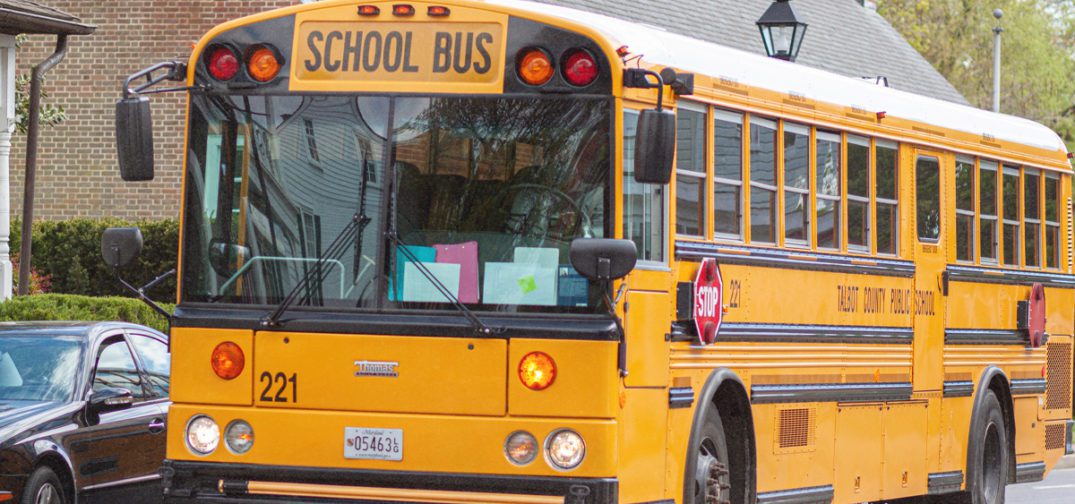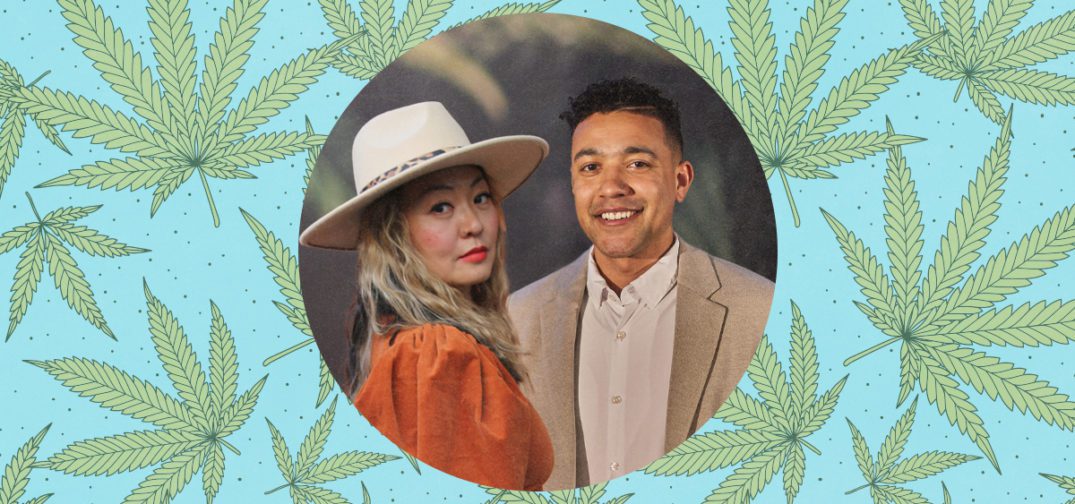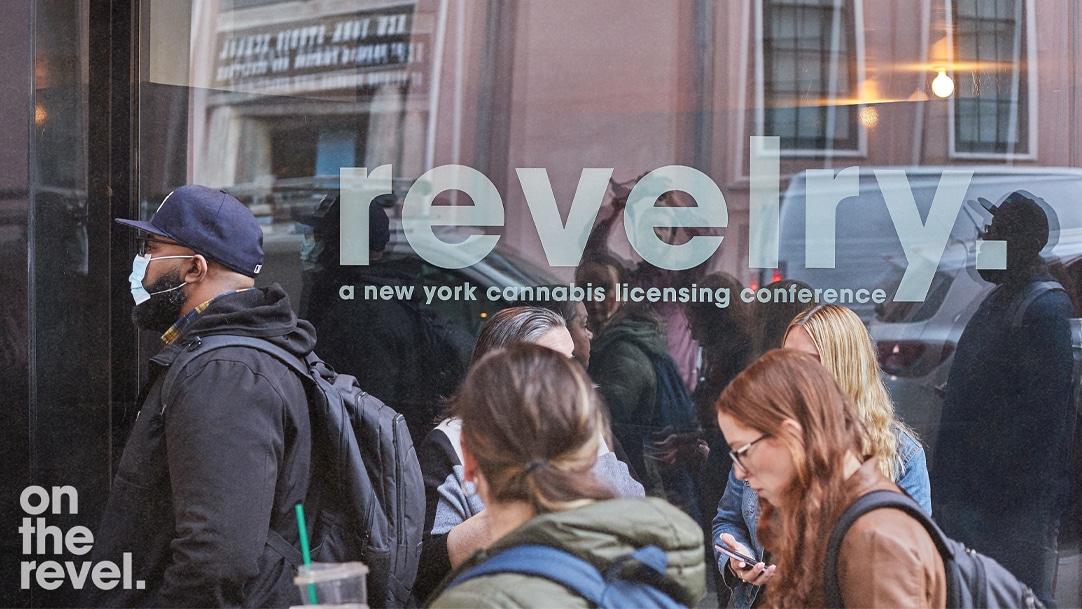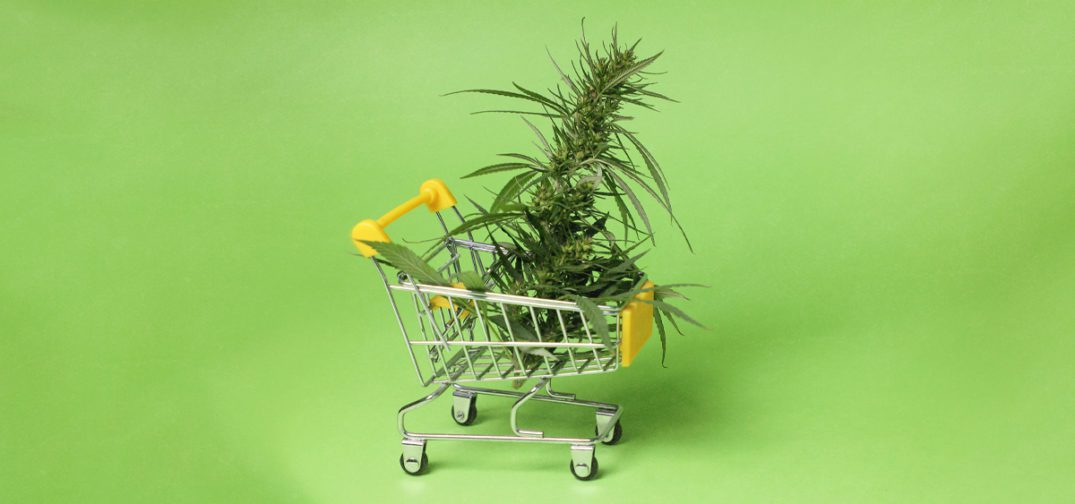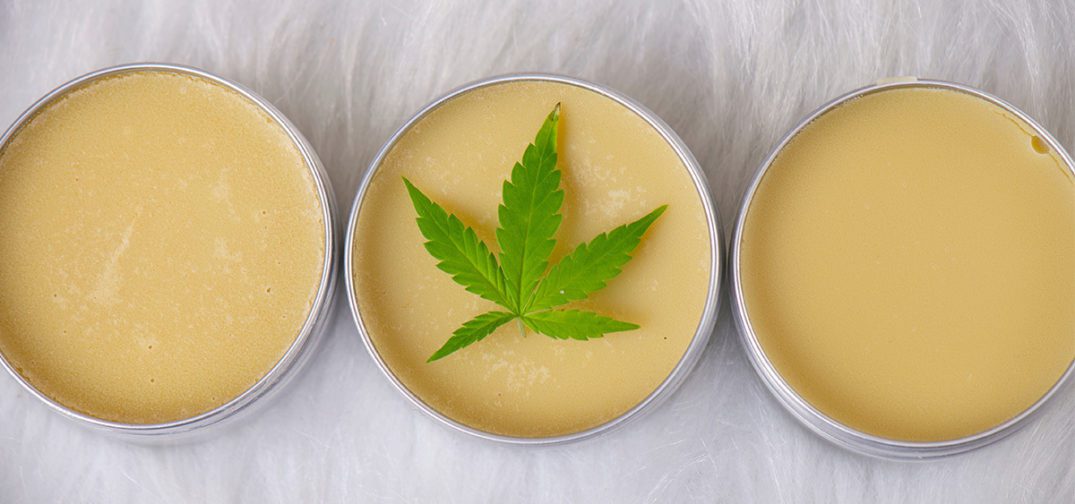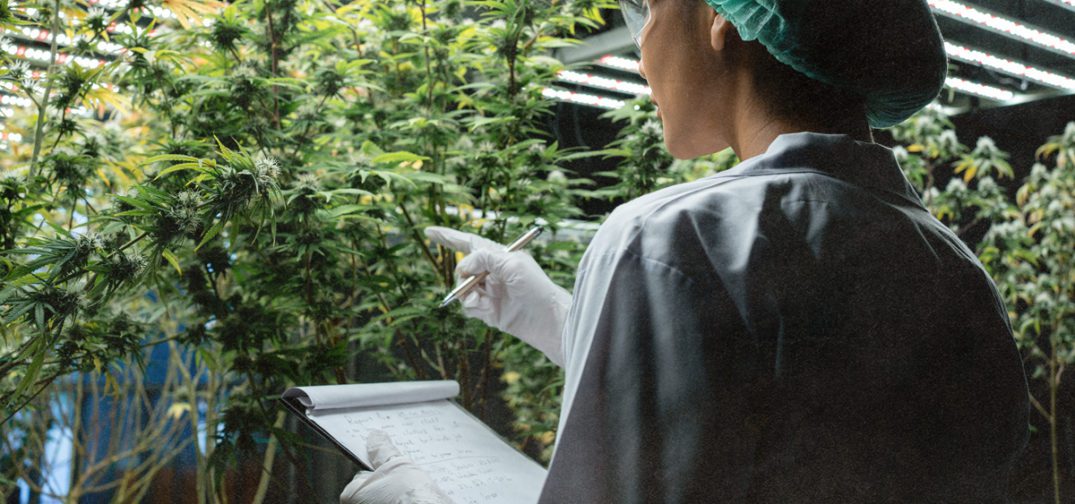Operations Ownership
After working directly with Oklahoma’s cannabis industry over the past couple of years, our firm thought it a good idea to pen an article articulating the most common and pressing issues we see in the industry.
Our experience comes from working with many cannabis companies in Oklahoma. Our work and experience is with well over one hundred cannabis companies in all segments of the Oklahoma market: Grow, Processing, Dispensary, Transportation, and Wholesale.
Cannabis operations face many hurdles not common to many other industries. One of the first and most problematic is being a mostly cash business.
Accounting / Cash Only (Mostly)
When cannabis began in Oklahoma, being cash only was not a choice. As banks were slow to open operations to cannabis operations, it was the only option. Even as the banks adapted to service the cannabis industry, it comes at quite a cost (especially when compared to any other business sector), often costing upwards of $1,000 per month, per account.
As banking has come more readily available, most of the clients we see have opted to move cash management and storage to banks. This, in our opinion, is a great move. However, even as banking has become a more popular option for cash storage, nearly all transactions are still conducted in cash. As cash is readily available in the businesses, it is easier to pay cash. Therefore, even as banking becomes available, cash management and receipt tracking are still one of the toughest areas for cannabis operations to manage.
Receipts and Proof of Expense
The largest issue of operating with all or mostly cash is keeping track of expenses. Without a bank or credit card statement, it is IMPERATIVE that you keep receipts! Without receipts, there is no expense (in the eyes of the IRS).
If your company is going to operate on cash, use old-school cash systems!! To ensure you can easily track and verify cash, consider the following procedures:
- Cash Safe Log
- All Cash that enters or exits the safe should be logged! Log the Date, Time, Amount In or Out, Person Removing Cash, and Reason for the Cash Move (Deposit from Owner, Deposit from Sales, Paid Joe Bob for 2 Pounds of Cannabis Flower, etc).
- Register Cash Procedures
- Beginning Cash should be the same at the start of every shift ($150.00)
- Cash should be counted by the budtender and the manager, at the same time, and a signed receipt (by both) verifying the beginning balance).
- Only 1 person can be allowed on a register (if more than one, even a manager, it erases the ability to track missing cash to one particular person).
- The drawer should be pulled by the manager AND the budtender at the end of the shift, counted and a receipt signed by both parties verifying the ending totals.
- A deposit should be made for each drawer for all cash in excess of the beginning cash ($150.00). A shift report from the Point of Sale (POS) should show the expected cash from the budtender’s shift, and should match the cash removed from the drawer for deposit, and should be dropped in a tamperproof bag. The drawer, with $150.00, should be placed in the safe or counted by the bud-tender coming on shift to verify it starts at the beginning cash ($150.00).
- This cycle should be repeated for each drawer used.
- All cash drops should be picked up and dropped in the safe (and entered in the safe log).
- Purchase Journal
- It is a great idea to keep a purchase journal for all cash purchases.
- Track
- Person Paid
- Date
- Amount
- Purchase Description
- Total Paid
As you can see, operating in an all or mostly cash operation requires quite a bit of additional work to ensure:
- You are not missing cash due to theft or accidental over/underpayment.
- You have an IRS Audit Ready Log
The Benefits of a Bank Account or Credit Card
The ability to use banking or credit cards for business operations is often taken for granted, by most businesses: most other businesses in the United States have cheap, convenient banking readily available to them wherever they are located.
Banking provides many positive benefits to businesses.
Filing all the Forms
8300 Forms
IRS Form 8300 are forms required for all transactions, in cash, totaling $10,000 or more. A common misconception is that a payment of less than $10,000 followed by an additional payment of less than $10,000 does not have to be reported. This is INCORRECT. (see this article: https://www.irs.gov/businesses/small-businesses-self-employed/irs-form-8300-reference-guide#:~:text=The%20law%20requires%20that%20trades,Escrow%20arrangement%20contributions)
Type of Payments to Report
Trades and businesses must report cash payments received if all of the following criteria are met:
- The amount of cash is more than $10,000
- The business receives the cash as:
- One lump sum of more than $10,000, or
- Installment payments that cause the total cash received within one year of the initial payment to total more than $10,000, or
- Previously unreported payments that cause the total cash received within a 12-month period to total more than $10,000
- The establishment receives the cash in the ordinary course of a trade or business
- The same agent or buyer provides the cash
- The business receives the cash in a single transaction or in related transactions
As you can see, any cash installment payment that totals $10,000 within a 12-month period of the first payment must report on form 8300 to the IRS.
Additionally, a new 8300 Form must be filed each time an additional $10,000 cash payment milestone is crossed. In essence, if someone pays you $25,000 in cash in a 12-month period, you would need to file two 8300 forms!
The 8300 form is required to be filed within 15 days of the $10,000 in cumulative payment being received.
Payroll (940 and 941)
All businesses paying employees need to file Federal Payroll Tax Returns. For most businesses, these are 940s (filed annually) and 941s (filed quarterly). Payments for these tax types are on a completely different schedule. Most businesses are required to make payments on a monthly or quarterly basis. The payments are called federal tax deposits, and all businesses are required to make federal tax deposits via the Electronic Federal Tax Payment System (EFTPS).
If a business makes a payment by any means other than EFTPS, even if the payment is made on time, they face a 10% penalty.
Max Freq. of cash payments by tax form (not for tax deposits, only tax due): https://www.irs.gov/payments/frequency-limit-table-by-type-of-tax-payment
How to make cash payments: https://www.irs.gov/payments/pay-your-taxes-with-cash
What to expect when you make a cash payment at in IRS office: https://www.irs.gov/payments/what-to-expect-when-you-pay-cash-at-an-irs-office
Where to make cash payments with retailers (up to $1k per day): https://www.irs.gov/payments/pay-with-cash-at-a-retail-partner
IRS Code – There Isn’t Any!
280E
Ok, prepare yourself. This is 280E!
No deduction or credit shall be allowed for any amount paid or incurred during the taxable year in carrying on any trade or business if such trade or business (or the activities which comprise such trade or business) consists of trafficking in controlled substances (within the meaning of schedule I and II of the Controlled Substances Act) which is prohibited by Federal law or the law of any State in which such trade or business is conducted. (https://www.law.cornell.edu/uscode/text/26/280E)
Yep! That is it! 77 words! The whole of this much talked about “Cannabis Clause” is 77 words. Cannabis isn’t mentioned, but Schedule I and Schedule II drugs are.
Understanding 280E
Section 280E is a provision in the IRS Internal Revenue Code that stipulates any merchant selling goods considered a Schedule I or Schedule II controlled substance is not eligible to file for any tax deductions or tax credits beyond the cost of goods sold (COGS). Cost of goods sold are raw materials and supplies (seeds, clones, and fertilizer), equipment maintenance and repairs, utilities used to grow the cannabis, inspection and testing costs, and labor involved with cleaning, trimming, curing, packaging and supervisory wages. Keeping an accurate record of these expenses will help if you are ever audited and what accountants call Cost Accounting.
Understanding Cost Accounting
Section 471 of IRS Code
IRS Section 471 details how the IRS expects costs to be capitalized (in other words, booked as an asset and charged off as Cost of Goods Sold when sales are made. The good thing about section 471 for cannabis is this moves many costs that are typically booked as Operating Expense to inventory (expenses that are not allowed for Cannabis, thus Cost of Goods Sold; “expenses”/revenue adjustments that are allowed for cannabis).
The issue with section 471 for cannabis companies as this type of account will increase accounting costs.
Most businesses do not conform to GAAP (Generally Accepted Accounting Practices) in the United States. They simply are not required to do so. Cannabis, however, due to having most expenses disallowed, need to account more closely to GAAP than most small businesses, in order to avoid burdensome taxation: taxation that will literally break the bank.
Documentation (Court Case Rulings)
Most of the “rules” we apply to cannabis accounting and taxation today come from court case rulings. There are no “cannabis” rules in the IRS Tax code. Cannabis is never directly mentioned. IRS 280E is as close to mentioning as cannabis gets.
To begin with, this article is a good summary of some of the court cases, minus CHAMPS: (https://www.dopecfo.com/blog/lessons-in-compliance-from-4-notorious-cannabis-court-cases)
In regards to court cases, CHAMPS is a benchmark case for the cannabis industry. In CHAMPS, we learned how the IRS sees cannabis and related companies. CHAMPS most clearly detailed the way in which the IRS will consider a business a non-cannabis entity. CHAMPS involved a medical marijuana dispensary AND a clinic dedicated to helping people with debilitating diseases and conditions. The clinic employed the majority of the staff, had its own revenue stream, and was profitable without the dispensary sales or revenues.
When is my other business NOT a cannabis-taxed business?
In the CHAMPS case, the IRS Tax Court outlined that if a non-cannabis business is not entirely separate (own accounting books, checking accounts, business setup, etc) and cannot turn a profit without direct cannabis income, it IS a cannabis business. (Example, a business owner owns a dispensary and buys the building and puts it in its own company, then leases the building back to their own dispensary, the new “real estate” company is also taxed as cannabis income, as it cannot turn a profit with the income from the dispensary.
If, however, the building is owned by a company that has many rental locations and the real estate business can turn a profit without cannabis-related income, the real estate business is NOT a cannabis-taxed business under those conditions.
The biggest takeaway from Harborside was determining whether it was a single business or multiple separate entities, and how this holds up in the face of 280E. As the court held in CHAMPS, it is allowable to deduce many expenses not allowed under 280E if one is a real “non-trafficking” business. One of the biggest requirements for a “non-trafficking” business is that the activity conducted must be done regularly and consistently, stand on its own, and fully have the intent of making its own profit.
The courts have determined that a single legal entity can definitely operate more than one business based on these requirements. You can also have multiple legal entities that can be viewed as a single trade or business if they are aligned with the same profit motive. To this end, form over structure will hold up in court. The important thing to note is how the operations function as a unified business, rather than just how your entities are legally structured. (https://www.dopecfo.com/blog/lessons-in-compliance-from-4-notorious-cannabis-court-cases)
Documentation in your books: How Important is it?
One of the repeated phrases or criteria in nearly all of the IRS cannabis tax-related cases involved failure to document!
Several of the court cases involving marijuana had similar wording in the lost cases of businesses fighting IRS tax levies: a failure to document. This is a compelling and preventable phrase! The court said, in essence, if your books matched the case you presented in court, you would have a solid case. However, without documentation (proper accounting and tax filings for each reported year of operation), your expenses (Cost of Goods Sold adjustments) simply do not count: You cannot prove them!
Unfortunately, Olive did not clearly separate the businesses or account for them individually, leading to the Ninth Circuit holding that the owner of the business was not able to mitigate any tax liability because their business consisted solely of trafficking marijuana. Olive suggested that the Ninth Circuit apply their ruling on a previous U.S. Tax Court case, Californians Helping to Alleviate Medical Problems, Inc. (C.H.A.M.P.) v. Commissioner (a case Cannabis industry had won in which separate entities were found to be compliant), but the Tax Court did not agree with the IRS’s and Olive’s estimates, deciding on its own determined COGS amount and determining that none of Olive’s expenses were tax deductible. (https://www.dopecfo.com/blog/lessons-in-compliance-from-4-notorious-cannabis-court-cases)
Other Articles:
Tax Court decisions upholding 280E and Business deductions:
CANNABIS TAX ALERT: Tax Court Decision Upholds 280E and Business Deductions | MGO (mgocpa.com)
Other Articles by Vertices Co:
https://verticesco.com/accounting-for-medical-cannabis-businesses-explained/
